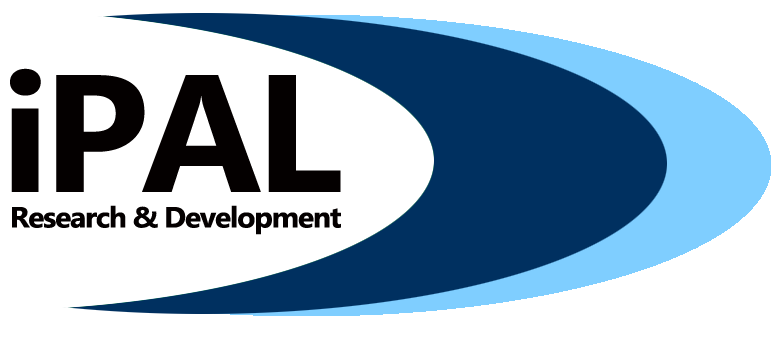
The iPAL Project – General Information
The demand to measure the outcomes of higher education has gained worldwide momentum. Perhaps the best example is the OECD's project, the Assessment of Higher Education Learning Outcomes (AHELO). While there are many approaches to measuring higher-education learning outcomes, including self-report surveys of learning and multiple-choice and short-answer tests, the project, as the name suggests, focuses on direct measures in the form of performance assessments. While drawing a distinction between different varieties of direct measures of learning is somewhat arbitrary, our focus is on the measurement of learning of so-called 21st century skills, which include critical thinking, analytic reasoning, problem solving, perspective taking and communication. By performance assessment mean complex tasks that simulate as closely as possible real-life and ask test takers to make and justify with evidence decisions and judgments in the simulated situations. Performance assessments can provide valid summative measures of learning: at the end of a course of study just how competent is the student to deploy knowledge, skills and dispositions in life outside the academy? But also, and this is crucial, performance assessment tasks can be used both instructionally and to teach students and faculty so they develop the assessed skills and provide corrective feedback on their skill acquisition. This formative-assessment property makes the participation in the project especially interesting for HEIs. They will receive a high quality technical framework to address what appears today, in many cases, to be a major challenge: find a means to foster generic skills and to account for it.
